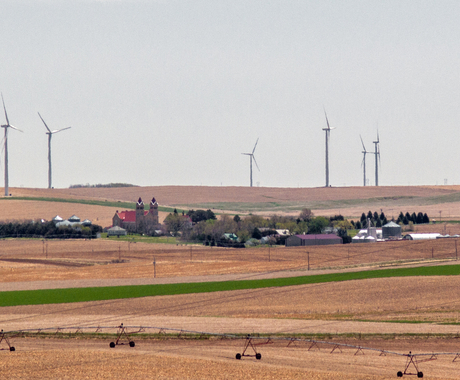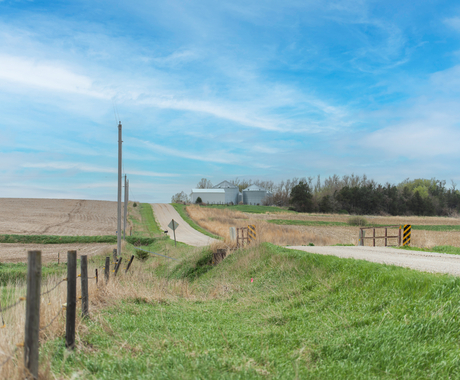Teresa Hoffman, policy communications associate, [email protected], 402.687.2100 ext. 1012; or Rhea Landholm, brand marketing and communications manager, [email protected], 402.687.2100 ext. 102
NEVADA, IOWA – Had the Iowa Legislature passed the proposed Invest in Iowa Act during the 2020 legislative session, more than $1.37 billion would have been available for natural resources and outdoor recreation initiatives by 2029, according to a report released today by the Center for Rural Affairs.
“A decade ago, Iowa voters made clear they are ready for full funding of the Natural Resources and Outdoor Recreation Trust Fund, also known as IWILL,” said Cody Smith, policy associate for the Center and author of “Report: Iowa’s Path to Clean Water and Flood Resilient Communities.” “With the governor’s proposed Invest in Iowa Act, Iowans have the opportunity to realize more than $100 million each year in new, previously unavailable funding for projects that improve water quality, build more recreational trails, and ultimately stimulate our state’s economy.”
The report outlines how the failure to pass the Invest in Iowa Act has guaranteed Iowans will lose out on more than $542 million in funding for these initiatives when compared with existing state-funded programs by 2029. The report also lays out the proposed modifications to the original IWILL formula while calling on the Legislature to consider adopting the bill next session.
Highlighting $801 million in new, previously unavailable funding over the next decade, the report emphasizes pursuing a watershed approach that supports locally-directed partnerships and planning.
“With Iowa’s proud voluntary approach to water quality improvement that incentivizes farmers and landowners to make investments in conservation, supporting watershed planning and the watershed coordinators who are doing the work of putting these practices on the ground is non-negotiable,” Smith said. “The state has the opportunity to support approaching these challenges at the watershed-scale, ensuring Iowa taxpayers are receiving the greatest possible return on investment as the state pursues its water quality goals.”
Click here to read the full report.
# # #





